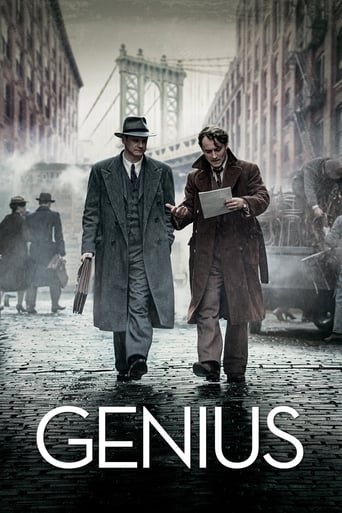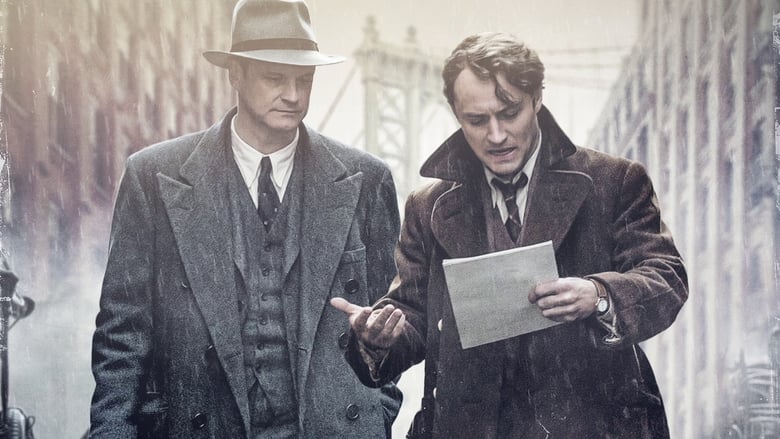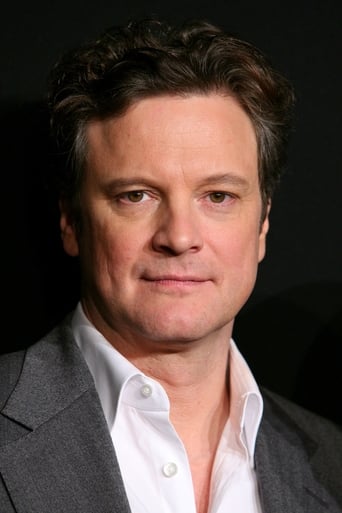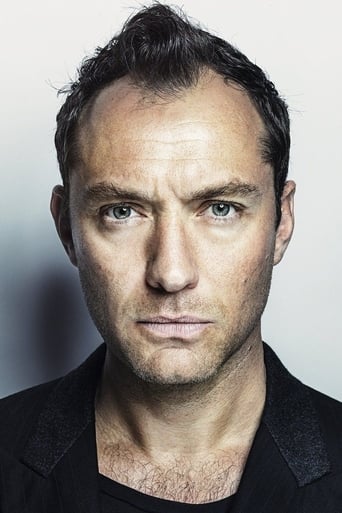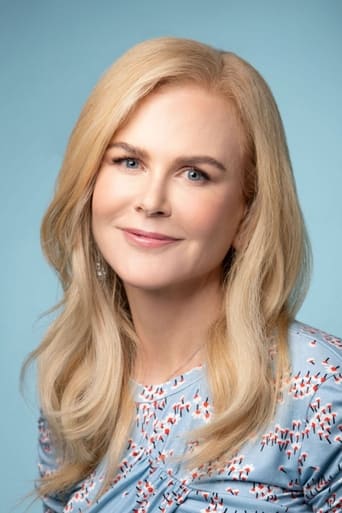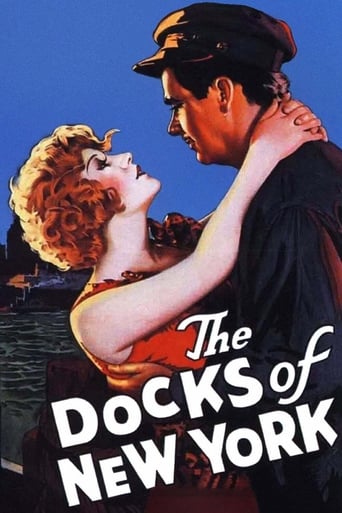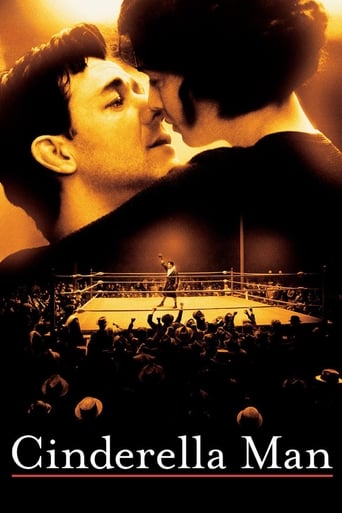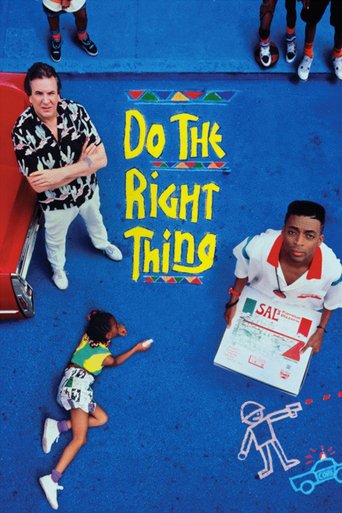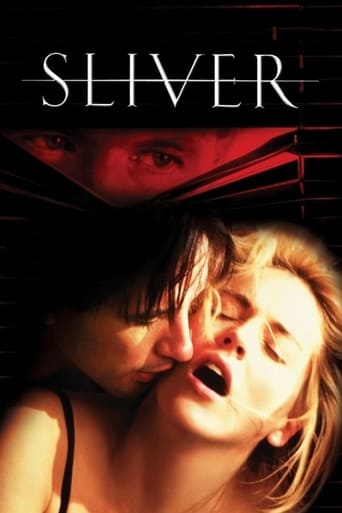Genius (2016)
New York in the 1920s. Max Perkins, a literary editor is the first to sign such subsequent literary greats as Ernest Hemingway and F. Scott Fitzgerald. When a sprawling, chaotic 1,000-page manuscript by an unknown writer falls into his hands, Perkins is convinced he has discovered a literary genius.
Watch Trailer
Cast


Similar titles
Reviews
Gay it up and call it art thank you britian....Gay it up and call it art thank you britian....Gay it up and call it art thank you britian....Gay it up and call it art thank you britian....Gay it up and call it art thank you britian....Gay it up and call it art thank you britian....Gay it up and call it art thank you britian....vvGay it up and call it art thank you britian....Gay it up and call it art thank you britian....Gay it up and call it art thank you britian.... basically that is it
This is a biopic of the relationship of editor Maxwell Evarts Perkins (Colin Firth) and his newly discovered genius author Thomas Wolfe (Jude Law) who has self destructive tendencies that disrupts the lives of those he touches. We meet his girlfriend Aline Bernstein (Nicole Kidman) who has given up her family for his genius. F. Scott Fitzgerald (Guy Pearce) is in his waning years, caring for Zelda (Vanessa Kirby) the topic for a different biopic tragedy.The film was well acted as one might guess from all the A listers. The problem I had was, like my life, it pretty much goes no where. We can discuss various themes such as Wolfe's search for a father, but any real theme eluded me, and the film really needed something to define its purpose more openly.Guide: No F-words, sex, or nudity.
It's difficult to make a movie about a writer. After all, the only thing they do is sit there and write. Look at the disaster that was "Hemingway and Gelhorn," with Big Ernie played by Groucho Marx. Or "Julia," with Jane Fonda throwing a typewriter through the window. There's the soap opera about F. Scott Fitzgerald, "Beloved Infidel." I mention "All work and no play makes Jack a dull boy" only in passing.This effort to capture Thomas Wolfe the way he captured metaphors is more successful than the others. And his writing isn't just alluded to; it's integrated meaningfully into the plot. I haven't read any of his novels. They do go on. Ars longa, vita brevis. But I did skim some shorter work of his many years ago and, without at all trying to, I had one of his more striking images burned into some long-term memory cell -- something about a setting sun over Brooklyn hanging in the sky "like a hot copper penny." It ain't bad.Neither are the performances, all of which clear the bar. Nicole Kidman is Tom Wolfe's married lover who has sustained him over the rough patches. He discards her when he no longer needs her, but who can blame him? A theater person, she is hysterical half the time and rude the other half. She gobbles pills in a fake suicide attempt and pulls a pistol on docile Max Perkins. It all began to remind me of my marriage. Guy Pearce has a small role as a distraught F. Scott Fitzgerald and is perhaps a bit robust for the part. Laura Linney is fine but doesn't have much to do as Perkins' wife.The film belongs to Colin Firth as Max Perkins, the editor as Scribner's publishing house, and to Jude Law as the passionate, loud, Byronic Thomas Wolfe, shouting ecstatically, waving his arms about, recklessly drunk. His prose is, as they say, sheer poetry. But he has a genuine problem with his writing. Everything he writes goes on too long. If a minor character makes an appearance, say, a railway porter, Wolfe gives us his whole life story. Perkins' job is to winnow the prose until it's golden. When discussing the fourth chapter of one of the novels with Wolfe, Perkins explains why the text is prolix and makes observations and criticisms that would benefit a high school lit class. It's clear without being challenging. Nicely done by screenwriter John Logan.Throughout the film, Perkins wears a fedora. He doesn't take it off when he's at the office or at home having dinner. There's no indication that he removes it when he goes to bed. He's a prim, stuffy, urban bourgeois who is introduced to rhapsodic displays in what would have been called Negro night clubs. I thought Perkins always wore that conspicuous hat because he was hiding a bald spot, but no. He wears it so that in the last scene, after Wolfe has passed away, he can reveal the depth of his affection for his lost friend by removing it for the first time. In this final scene there is a slow pan across the book shelf in Perkins' office. The modern classics are all there, cheek by jowl -- Hemingway, Steinbeck, Fitzgerald and the rest -- and Wolfe's novels are among them. All except one, "You Can't Go Home Again." It was Wolfe's ultimate work but was patched together by a different editor.This is a rare, successful movie about a writer and about his editor. What could have been either extremely dull or extremely phony, isn't either. It's not a masterpiece but it's pretty good.
Despite my taste for reading, I have to admit that I had never even heard of author Thomas Wolfe (don't mix him up with Tom Wolfe, best known for having written The Right Stuff, The Bonfire of the Vanities and The Electric Kool- Acid Test). However, the film Genius taught me the fact that Wolfe was a very famous novelist during the first half of 20th century, and that his work influenced writers such as William Faulkner, Jack Kerouac and Ray Bradbury. However, Genius isn't focused on Wolfe himself, but on Maxwell Evart Perkins, the editor who recognized the talent Wolfe had below his exuberant personality and chaotic creative process. On the beginning, I found it a bit strange to dedicate a movie to the relationship between Perkins and Wolfe, instead of employing the more famous Ernest Hemingway and F. Scott Fitzgerald, who appear in the film as supporting figures, giving advice to Perkins or working as contrasts of the eccentric Wolfe; but I eventually realized that Genius transcends the biographical function in order to make us plunge into the arcane process of edition, in which a half artist and half marketer individual "dares" to modify a literary work (collaborating with the author, of course), with the objective of improving it and increasing its chances of economic success. That's a volatile combination of art and commerce which is little understood, even by those who are aficionados to reading. And that's where we find the main strength of Genius; besides of portraying the professional and domestic life of two men joined by literature, we witness the fascinating process of molding a novel between the passion of an artist and the inexorable logic of an editor. Then, we have the excellent performances. Colin Firth makes an extraordinary work as Perkins, ironically laconic despite his vast knowledge of language; it's amazing how much Firth can express with a minuscule turn of the eyes or discreet smile, while having a perfect chemistry with Jude Law, who also brings a perfect performance as the opposite extreme: a pompous and grandiloquent genius with authentic talent who is incapable of controlling his ego. Meanwhile, Laura Linney and Nicole Kidman also bring solid works as the wives of Perkins and Wolfe (respectively). In conclusion, Genius is a mature and parsimonious (but never boring) film which I recommend with enthusiasm, mainly because of the brilliant performances and its compelling analysis of the creative-commercial process which makes a manuscript become an authentic book.

